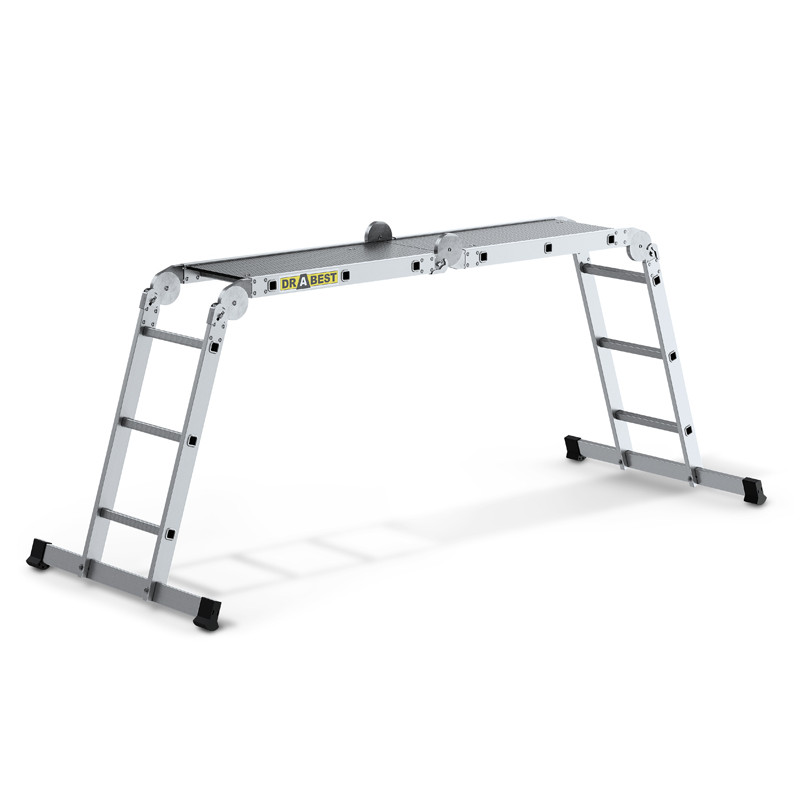
Space Review is a free online magazine that publishes in-depth articles, essays, commentary and reviews on all aspects of space exploration. Founded in February 2003, the publication is edited by Jeff Foust and published weekly with a focus on space science, technology, policy and business.
Space review's most popular articles are those that cover space exploration policy and history, as well as recent developments in space. Space Review focuses this week on stories about the future, present, and past of human spaceflight.
The cover story of this week's issue of Space Life Sciences Research is featured in the magazine. This research, which is a crucial part today of the International Space Station program and took a while to develop, is the focus on this week's issue. The article also discusses Japan's readiness to work with the Artemis Project on lunar exploration. Japan is a major partner in ISS.
Many space travelers find the journey to their destination difficult and long. A book detailing the path to becoming a spaceman reveals that there are many people involved, including women and people from different backgrounds. It also discusses some of the obstacles they faced on their path to becoming NASA astronauts.

Space art and photography are another way to view the evolution of space exploration. Jeff Foust reviews a book featuring images of galaxies and planets as art.
Although there's much discussion about the importance and role of photography and space art in capturing the beauty in space, it is not always clear what their roles are in space exploration. Jeff Foust, a space reviewer, discusses what is being accomplished to make those spaces visible to the general public.
As the US government begins to move away from nuclear weapons, it is developing a new policy on space. It will also ban destructive direct ascent anti-satellite test. Cassandra Steer reveals to Breaking Defense that, despite the ban on destructive direct-ascent anti-satellite tests, the United States is still trying to find ways of protecting its space assets.
The CIA was concerned when photos of a secretive base in Nevada were taken by astronauts on their last Skylab mission. Dwayne Day looks at what the agency did to respond to that incident.
Although the United States and other countries are working to prevent spaceflight being used as a weapon, the military use of space remains a major concern for governments, companies, and the rest of the world. Experts argue that spaceflight's "original sin", as it was used for military purposes, is why it must be protected as an international resource.

Two small developers of launch vehicles suffered huge failures last week, which highlighted the financial problems and technical issues that can plague the sector. Francis Castanos examines some of the potential consequences for this sector.
While space furniture might sound odd, the idea to sell used space equipment could be a huge win for the environment. Chan Park, the founder of Oliver Space compares it to the used car market where customers are encouraged and encouraged to buy preowned cars and maintain them for their environmental and financial benefit.